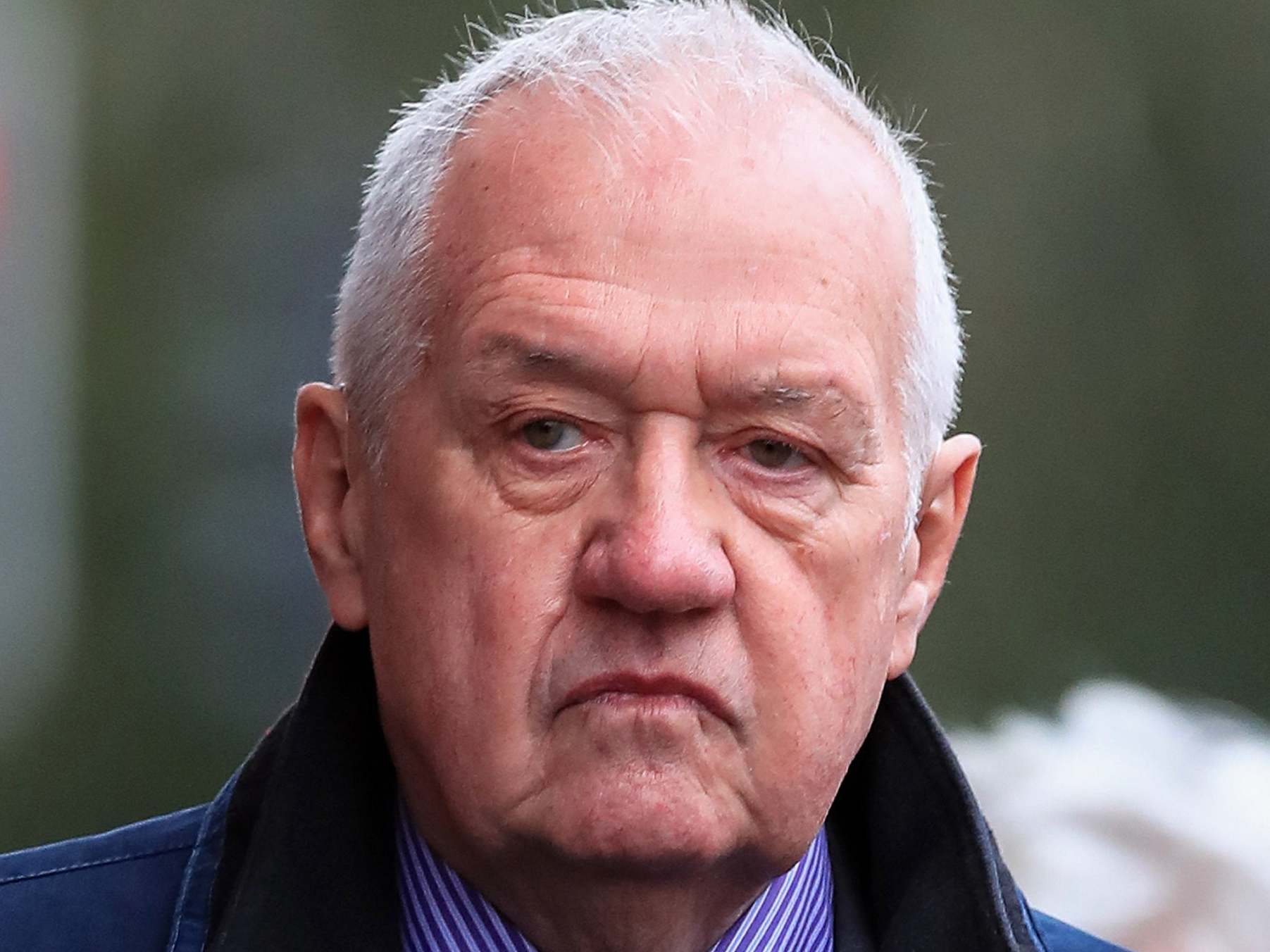Hillsborough trial: 'Extraordinarily bad' failings by David Duckenfield led to disaster that killed 96 Liverpool fans, court hears
Victims 'died as a consequence of the obvious and serious risk to life posed by crushing', prosecutor says

Hillsborough match commander David Duckenfield contributed to the deaths of 96 Liverpool supporters with “extraordinarily bad” failings that led to the disaster, a court has heard.
The former South Yorkshire Police chief superintendent denies the gross negligence manslaughter of victims who died in the crush at Sheffield Wednesday’s football ground on 15 April 1989.
But prosecutors told Preston Crown Court that the senior officer, now 75, had “ultimate responsibility” for the safety of 50,000 fans attending the FA Cup semi-final match between Liverpool and Nottingham Forest.
“It is the prosecution’s case that Mr Duckenfield’s failures to discharge this personal responsibility were extraordinarily bad and contributed substantially to the deaths of each of those 96 people who so tragically and unnecessarily lost their lives,” said Richard Matthews QC.
“Each died as a consequence of the obvious and serious risk to life posed by crushing from poor management of the expected capacity crowd seeking admission to watch the match, and each died as a result of the extraordinarily bad failures by Mr Duckenfield in the care he took to discharge his personal responsibility on that fateful day."
The court was told a previous trial had taken place in January but the jury was unable to return any verdict and was discharged.
“That task of deciding the case against Mr Duckenfield has now been passed to you," Mr Matthews said, before warning them not to be influenced by anything else they had seen or read.
“No-one else has the task that you have: no other court, inquiry, inquest, jury or person has or can determine what is entrusted solely to you to decide on the evidence you will hear in this court.”
The court heard that all of the 24,000 Liverpool fans were directed to the Leppings Lane end of Hillsborough stadium, where limited turnstiles served a bottleneck of a very large crowd, ahead of the 3pm kick-off.
Mr Duckenfield acceded to requests to open an exit gate to the stadium after crushing built up outside the turnstiles before the match started, jurors were told.

A large gate, known as exit gate C, was opened following requests by police officers who feared people would be injured and killed outside the stadium.
The court heard that fans who poured through the gate at speed saw a tunnel marked “standing” ahead of them, which led to the central pens on a standing terrace.
Mr Matthews said: “The crowd was naturally drawn down the slope of the tunnel and into the confined area of the central pens and Mr Duckenfield gave no thought to the inevitable consequence of the flood of people through gate C, nor did he make any attempt to even monitor what was occurring, let alone avert the tragedy.”
Jurors were told details of the layout of Hillsborough stadium, the police operational order for the day and radio communications between officers.

Of the 96 victims, 94 died on the day of the disaster and 14-year-old Lee Nicol passed away two days later from his injuries.
There can be no prosecution for the 96th victim Anthony Bland because he died more than a year and a day after his injuries were caused.
Mr Bland suffered brain damage and remained in a permanent vegetative state until he died in March 1993.
The hearing was adjourned until Friday, when Mr Matthews will continue to open the case.
Additional reporting by Press Association
Bookmark popover
Removed from bookmarks